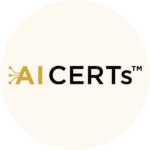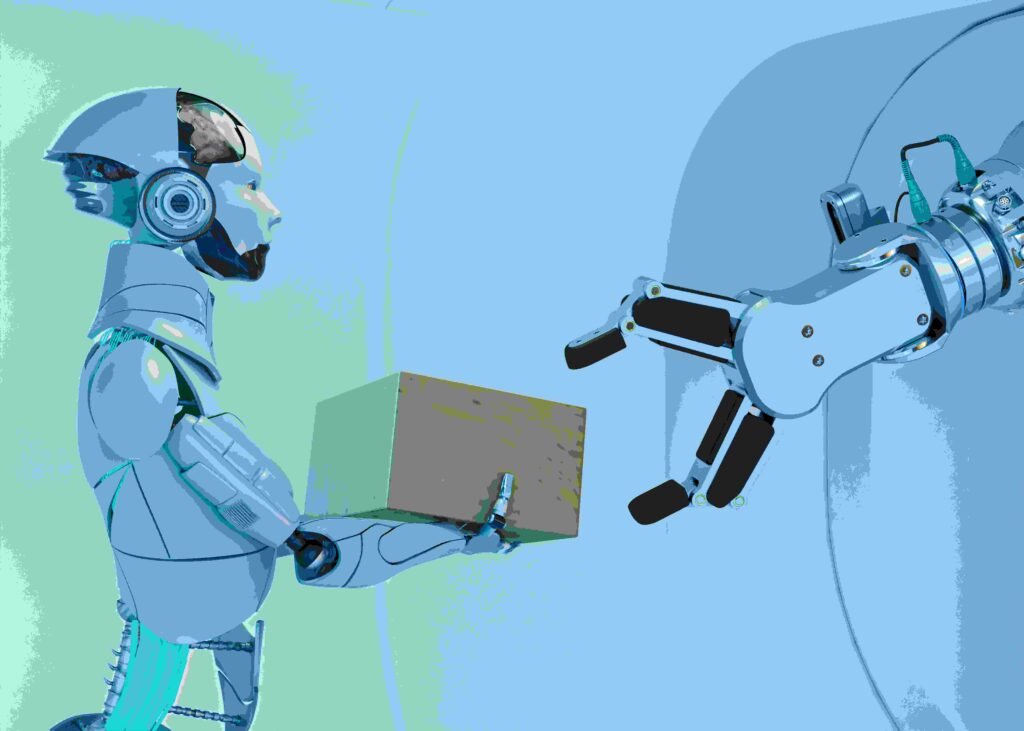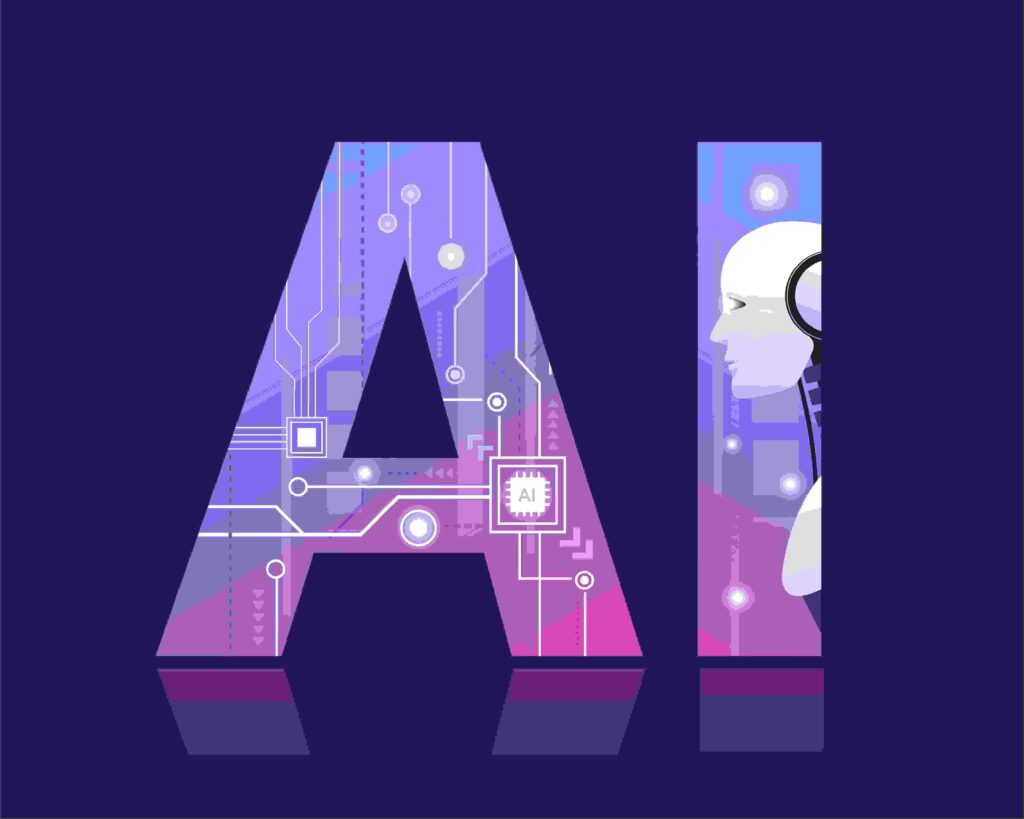
AI CERTS
4 months ago
Learn AI Product Development: Mastering the Art of Building Intelligent Solutions
Artificial Intelligence (AI) is revolutionizing industries by driving automation, enhancing decision-making, and creating innovative solutions. AI product development lies at the intersection of technology, strategy, and creativity. Whether it's designing chatbots, predictive analytics tools, or smart assistants, the ability to learn AI product development is a game-changer for professionals and businesses aiming to lead in the AI-driven economy.
This comprehensive blog explores the importance of AI product development, the critical skills required, real-world applications, challenges, and strategies for excelling in this domain.

The Significance of AI Product Development
AI product development involves the design, creation, and deployment of AI-powered products that solve real-world problems.
Why Is AI Product Development Important?
- Accelerating Innovation
- AI enables the development of groundbreaking products that enhance customer experiences, optimize operations, and solve complex problems.
- Personalized Solutions
AI systems analyze user behavior to offer highly personalized experiences, such as tailored recommendations in e-commerce or adaptive learning paths in education.
- Industry Disruption
Companies leveraging AI in product development often disrupt traditional markets, gaining a significant competitive edge.
- Future-Readiness
AI products are essential for companies to stay relevant as industries increasingly adopt intelligent technologies.
External Resource: Learn about how generative AI can improve product managers’ productivity, quality, and experience. McKinsey’s AI insights.
Essential Skills for AI Product Development
AI product development requires a blend of technical and strategic skills to bridge the gap between technology and business objectives.
1. AI Fundamentals
- Understand machine learning, deep learning, and natural language processing (NLP).
- Familiarize yourself with AI frameworks like TensorFlow, PyTorch, and Keras.
2. Programming Expertise
- Learn Python, Java, or R to build and integrate AI algorithms into products.
3. Product Management
- Develop skills in market research, roadmap creation, and feature prioritization.
- Understand user-centric design principles and agile methodologies.
4. Data Analytics and Visualization
- Preprocess and analyze large datasets to train AI models.
- Use visualization tools like Tableau or Matplotlib to communicate insights.
5. Ethical AI Development
- Implement transparency and fairness in AI systems to ensure ethical usage and compliance with regulations like GDPR.
Applications of AI Product Development
AI product development spans various industries, transforming traditional systems into intelligent, data-driven solutions.
1. Healthcare
AI products like diagnostic tools and patient management systems streamline healthcare delivery. For example, AI-powered imaging tools assist doctors in identifying diseases like cancer.
2. E-commerce
Recommendation engines and chatbots enhance customer engagement and streamline the shopping experience. Amazon's personalized recommendations are a prime example of AI-driven e-commerce innovation.
3. Finance
Fraud detection systems, robo-advisors, and credit scoring applications rely on AI for real-time insights and decision-making.
4. Education
Adaptive learning platforms use AI to create personalized learning paths, helping students achieve better outcomes.
5. Automotive
Self-driving cars and advanced driver-assistance systems (ADAS) demonstrate AI's transformative potential in transportation.
Challenges in AI Product Development
While AI product development offers immense opportunities, it also presents unique challenges that require careful consideration.
1. Complexity of AI Systems
Building AI-powered products involves intricate algorithms, data dependencies, and extensive testing.
2. Data Privacy and Security
Handling sensitive user data demands stringent privacy measures and compliance with legal frameworks.
3. Algorithm Bias
Unintended biases in AI models can lead to unfair or inaccurate outcomes, affecting user trust and product reliability.
4. Resource Constraints
AI development requires substantial computational resources, which may strain budgets, especially for startups.
External Resource: For strategies to mitigate these challenges, visit IBM AI Ethics.

Strategies for Successful AI Product Development
To excel in AI product development, it's crucial to adopt effective strategies that balance technical innovation with user-centric design:
1. Define Clear Objectives
Identify the specific problem the AI product aims to solve and establish measurable success metrics.
2. Focus on User Experience (UX)
Develop intuitive interfaces and seamless workflows to ensure user satisfaction and engagement.
3. Collaborate Across Disciplines
Engage experts from data science, engineering, and design to create holistic solutions.
4. Adopt Agile Development
Use iterative development cycles to test and refine features based on user feedback and performance metrics.
5. Emphasize Scalability
Ensure the AI product can handle increasing workloads and adapt to new requirements as it grows.
External Resource: For insights into agile methodologies in AI, check out Deloitte’s AI strategies.
Future Trends in AI Product Development
The field of AI product development is continuously evolving, with emerging trends shaping its future:
- Explainable AI (XAI): Ensuring transparency in AI models to build trust and enable interpretability.
- AI-Driven Prototyping: Using generative AI tools to automate the creation of product prototypes.
- Edge AI: Developing AI systems that process data locally on devices, enhancing speed and privacy.
- Sustainability-Focused AI: Building AI products that address environmental challenges and promote green practices.
Conclusion
Mastering AI product development is essential for creating intelligent solutions that solve real-world problems and drive innovation. By acquiring technical and strategic expertise, professionals can design impactful AI products that deliver exceptional value to users and organizations alike.